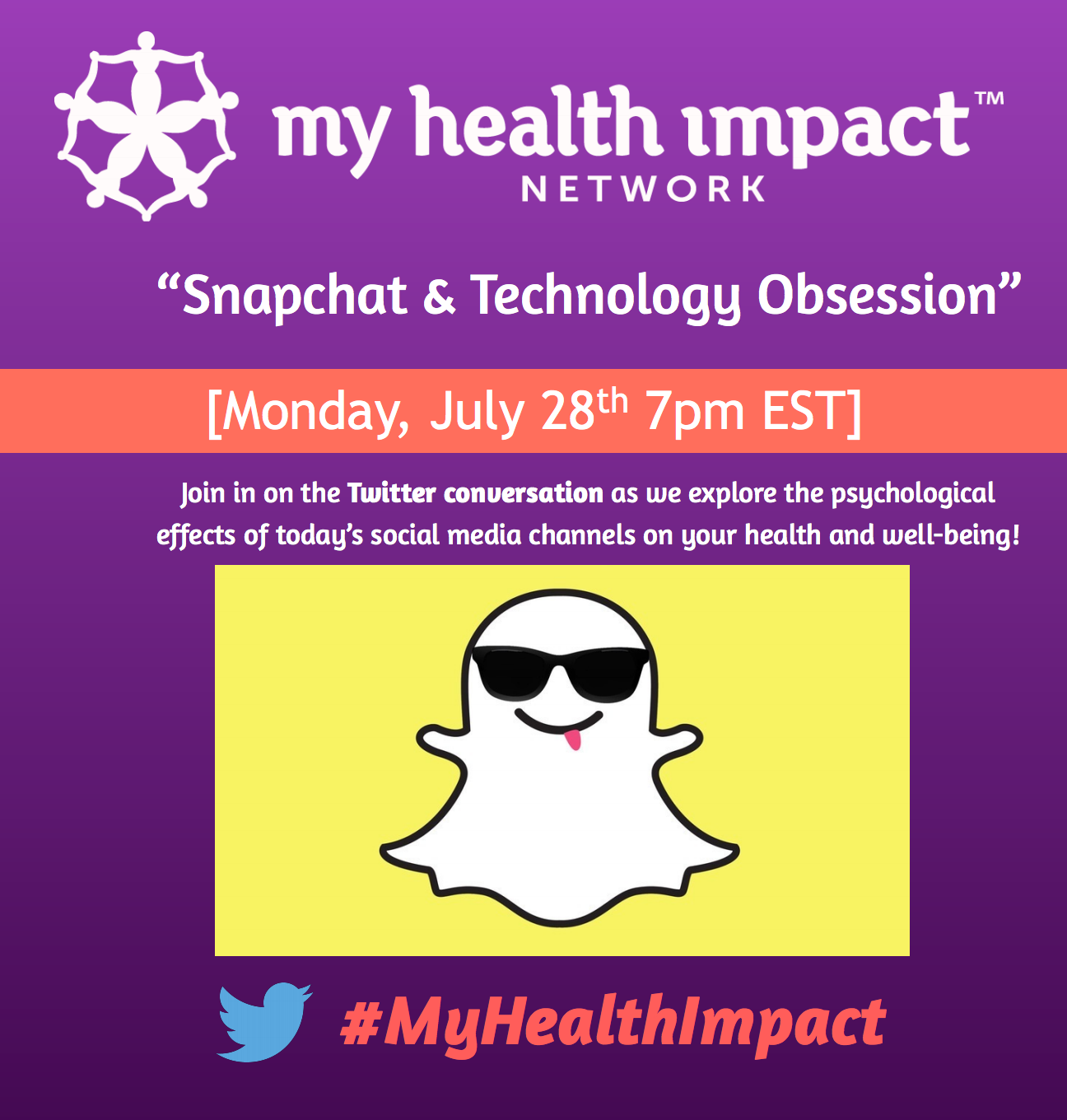myHIN Blog
Category: Physical Health Articles

October 29, 2014
Killing Two Birds with One Pebble, Wearable Technology
Do you need a smartwatch? Probably not, but at the same time, we don’t really need cell phones either. Now what does a smart watch have that my cell phone can’t give me? Well, to be honest, nothing. I’m not here to give a sales pitch, but to give you a better visual on how I use my Pebble watch. Pebble watch you say?, the thing that came out last year? Yes. You mean that thing that only displays in black and white? Yes. You mean that watch that doesn’t even have a touch screen? YES!!!
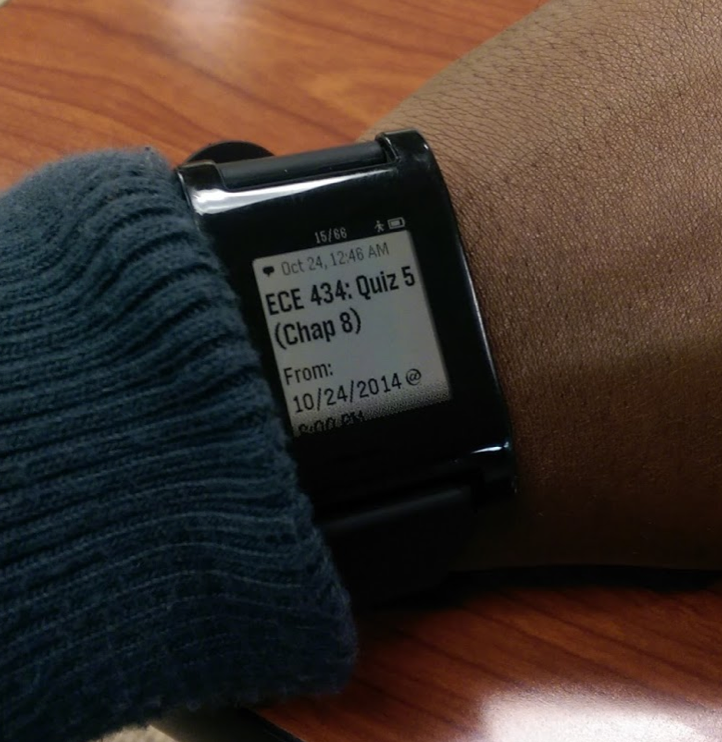
Now the Pebble watch is not the latest tech in wearables but its still great. The biggest problems with wearable technology now, is the never ending questions, “why would someone want to wear this?” I can tell that the people who had to test the usability of this device knew what they were looking for. There are some key features that I truly love about this watch. Heres some key features:
Key Features
- Read text
- Haptic Feedback
- Event reminders
- Pedometer
- Controls music (Soundcloud)
- Battery Life (5-7 days)
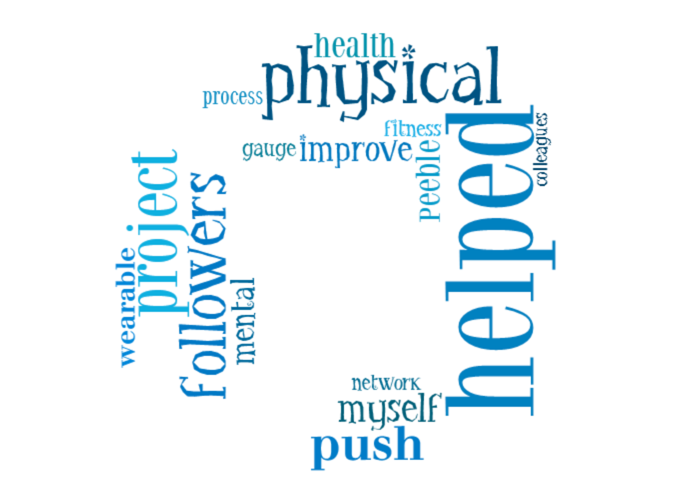
Follow us at @myHealthImpact as we continue to discuss important topics around technology and your physical health.
Share

October 13, 2014
Identity Crisis
Though I am half way into my first semester as a PhD student. I am still trying to figure out out my new identity. I was told before I started this journey that I will lose friends and my relationships will disintegrate but I never thought it would ever happen to me.

The biggest struggle for me would have to be that I am at the same institution that I was at for undergrad. There were so many activities and organizations that I was apart of that contributed to my identity but now all that has changed. The largest one would have to be running track. Since I have been a freshman in high school track has always been a major deal in my life. Between practicing, having injuries, traveling, bonding with my teammates, and learning life lessons from my coaches, track was something that enticed me.
Track was an anchored structure in my life. All activities I did were based on my track schedule. There were times I would stay up late to do homework and the fear that I would miss practice if i went to sleep too late encouraged me to pull all-nighters. Times when I would not go out to a party with my “normie(non-athletes)” friends because I knew I would have a hard practice the next morning. Track encouraged so many positive things in my life. It got me to be more mindful about my diet since it reflects my performance, teaching me that I could push my body to new limits beyond my wildest dreams.
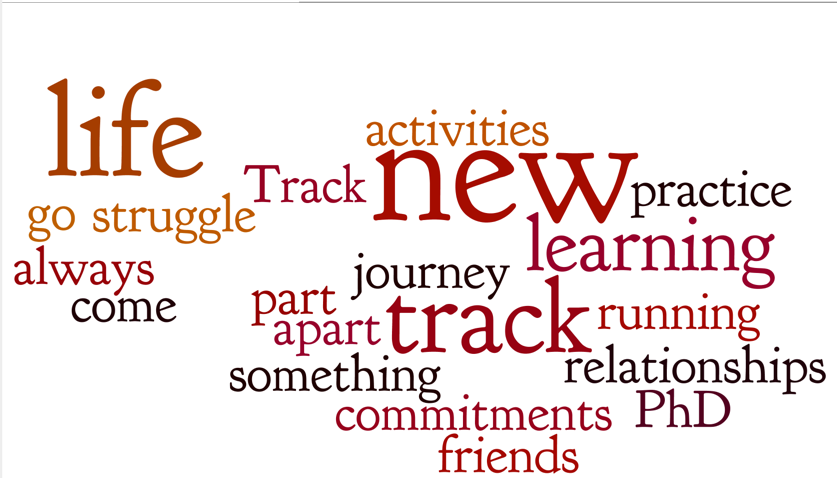
Being apart of something that you actually enjoy for 8 years is an amazing commitment. The hardest part is letting it go; but here’s the kicker, you don’t have to! I’m learning how to redefine what running is to me. I would relate this transition to moving to the other side of the country, away from your best friend. No, you won’t be able to see each other every day nor call every other week like you used to. However, it’s a mutual understanding; you can pick up the phone and talk for hours like the old days. That’s the type of relationship that I am learning to be okay with. It’s definitely a struggle at first, but it’s comforting to know that it’s always there for you when you need it.
I suppose redefining what these things mean in your life is a large part of this PhD journey. With new goals, come new commitments and with new commitments, come new relationships.
Follow us at @myhealthimpact as we continue to discuss important topics relating to heath and tech.
Share

October 07, 2014
Ignorance to Domestic Violence
Growing up I never actually seen a woman beaten in front of me or even wondered if domestic violence was even a growing issue. If anything, my life has never been directly affected by it and that plays a role on my views on this issue. In no way shape or form am I saying it’s not a problem, but I didn't know it was as big as a problem as it really is. The only instance that I heard of, was in high school when a guy threw his girlfriend on a table. At the time I thought to myself, “who throws people on tables” not “Oh my gosh he is physically abusing his partner”. Looking back, I was foolish not to take the situation more seriously. We all knew something was wrong with that dude before the occurrence happened, but the person (female) didn’t give off signs of abuse.
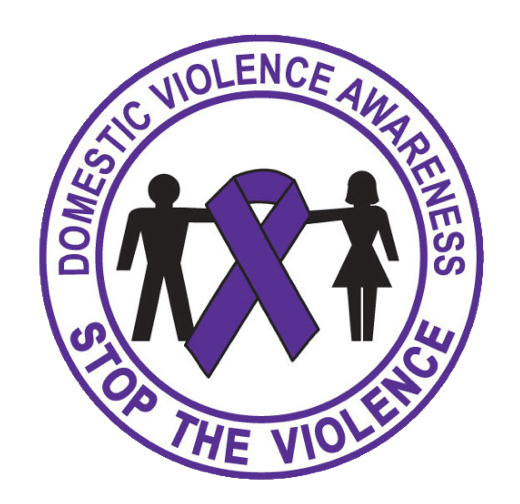
With the sudden headlines of athletes admitting and accusations of domestic violence, male and female, we, as honest folk ,really have to start asking ourselves “How often does this happen?” Maybe I’ve been oblivious to this because I am a male. Maybe its because I just didn’t get out much in my teenage years. One of my friends even called it taboo. It never came up in conversation, and I don’t think people would publicly bring it up. I’ve heard gossip, but none of it was ever confirmed.
To segway back to the athletes, specifically NFL athletes, I do not agree with the current domestic violence punishments issued to players. We live in a world where an athlete smoking weed or even dog fighting holds harsher punishments than domestic violence. Player punishment should not be the main source to shed light on this issue. What happens when the abuser isn’t famous, rich, or even well known? Honestly, I feel like some people just wouldn’t care as much.
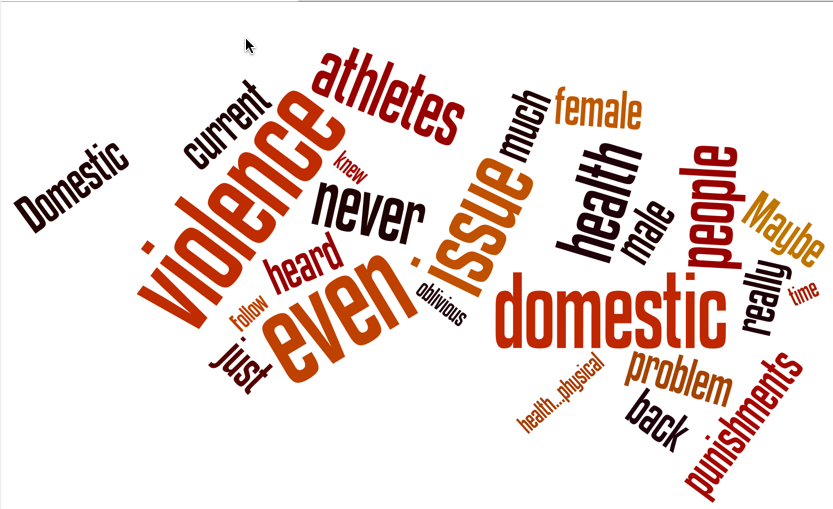
Domestic violence is also a health issue. There is the mental health...physical health...sexual health. Follow @myhealthimpact on Twitter and Tumblr as we discuss current social and cultural issues impacting health.
Share

September 18, 2014
Summer Weight Loss
So after a rough semester with some extremely bad eating habits during finals, I have the summer to rest. Come to find out that my brother had lost 15 pounds! Of course being the supportive older brother I am I was really proud of him. I’m not home for a week when my brother starts nitpicking my eating habits. At first I was a little offended, but we both knew what he was telling me the truth.
He instated the rule “Stop eating after 9”. At first I didn’t think much of it, until 8:30 hit. Though not 9, 8:30 is still too late to take in calories. After around 2 weeks I got the hang of it. Now it was time to step it up.
I started to watch a ton of YouTube videos, mainly the Hodge twins, about weight loss and lifting weights. After the videos and some extensive reading, I learned that to lose weight, I need to cut calories that I need to sustain my weight. I don’t know how many calories I regularly ate, but I did find out that I need more than 1500 calories a day after a day of light headedness.
To aid my calorie count, I downloaded a popular app myFitnesspal. This app is really useful for counting all the calories throughout your day. To start, you have to enter your current weight and then set your goal weight. It also inquires on how active you are during the day ranging from not very active to very active. It then gives you an estimate of how many calories you should be taking in. The most useful part of the app is the fact that you can scan foods using the barcode on the packaging.
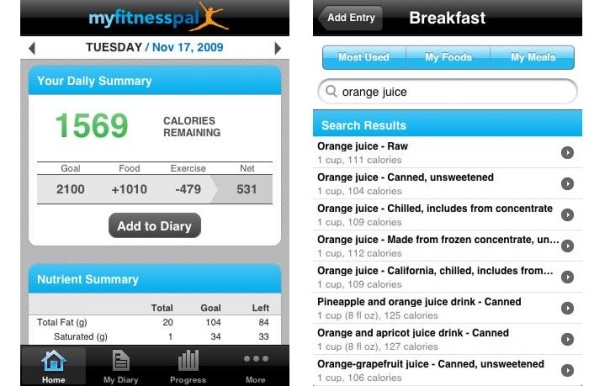
So after around 2 straight weeks of meeting my caloric goals and going to the gym 2-3 times a week, I lost a total of 13 pounds. I also took creatine to help my gym performance. I would get more energy exercising while not putting on a lot of weight like taking protein. The days I didn’t go the gym, I would play basketball at my neighbor’s house.
I started to cook my own food, and since you can’t scan cooked food, my weight loss progression has slowed down. I currently stuck at 13 pounds loss, but I am still trying to lose more. Cooking your own food is much more enjoyable than scanning all of the prepackaged food that I was scanning, so I’m enjoying life a bit more. I’m still trying to find that right balance between overall healthy lifestyle while eating the food I want.

Share

September 03, 2014
Apple HealthKit: Expectations and Concerns
I must admit… Apple has me hooked. Almost every year there is a new operating system update or “iOS” update that has me sitting on the edge of my seat. I always look forward to the new features that Apple plans to incorporate into its products. With this new iOS 8 update, Apple is adding HealthKit. The company states that “HealthKit allows apps that provide health and fitness services to share their data with the new Health app and with each other”. Any user who uses this application will be able to have their information stored in a secure place. This will allow the user to determine which health information they would like to disclose within the application.
Since the unveiling of this new application, some individuals believe that it has “tremendous potential”. The dashboard feature includes a series of graphs that depict things such as calories burned, average sleep time along with average heart rate within each day. The Health Data tab incorporates categories ranging from diagnostics and lab results to medications along with nutrition. This application has the potential to mobilize all of one’s medical history into one place. What allergies a person may have, blood pressure, heart rate and medications that an individual may be taking all have the possibility of being consolidated into HealthKit. The fact that all of this information can be made available via a smartphone could possibly eliminate the need for a fax machine, telephone calls or emails.
While these features are very impressive, HealthKit does raise a few concerns. Users are beginning to question the privacy of sharing medical information, which is often times confidential. Everybody may not want to share certain personal information with any physician. Also, this new tech-savvy era can take away from the doctor-patient relationship. Having all of a patient’s pertinent information on a smartphone would actually defeat the purpose of coming to the doctor. The New York Times also mentions that this application may “interfere with clinical practice”.
Yes- this does sound like a fantastic concept. From both sides of the spectrum, there are some positive and negative aspects. I’m looking forward to see how Apple will execute HealthKit and how successful the application is going to be. Who knows… at this day in age, there may not be a need to go to the doctor’s office anymore when you can do that on your iPhone.
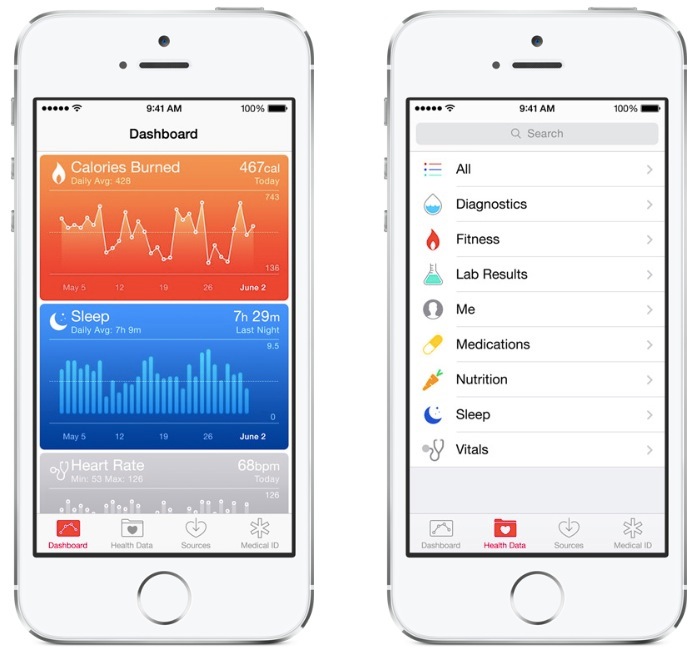
Sources:
Dilger, D. (n.d.). Apple's WWDC unveiling of HealthKit in iOS 8 grabs the attention of doctors. Apple's WWDC unveiling of HealthKit in iOS 8 grabs the attention of doctors. Retrieved June 30, 2014, from http://appleinsider.com/articles/14/06/10/apples-wwdc-unveiling-of-healthkit-in-ios-8-grabs-the-attention-of-doctors-
Carroll, A. (2014, June 16). The Trouble With Apple’s Health App. The New York Times. Retrieved June 30, 2014, from http://www.nytimes.com/2014/06/17/upshot/apples-healthkit-probably-wont-bring-a-new-age.html
Share

September 01, 2014
I’m in My Fourth Year… and Just Getting Started!
This month ushered in the start of my fourth year of graduate school. For the first time while in my Ph.D. program, I no longer felt like a young doe -- no tremor in my legs -- as I walked on campus to embark upon another school year. The confidence I now feel and clarity with which I view my objectives are undoubtedly attributable to the experience and knowledge I acquired over the summer. I was afforded the opportunity to work with executives at the Black Entertainment Television (BET) Networks on their youth initiatives during the BET Experience and BET Awards show weekend in Los Angeles. I also launched two web usability studies for the Graduate School at my university. Finally, I put the finishing touches on a thesis and am now shifting my focus to my comprehensive paper and dissertation.
These are exciting times now. Until recently, keeping up with coursework, dealing with a health issues (breast cancer survivor!), managing work/family/life balance, and conducting supervised research have all encompassed my graduate school experience. Now, I am able to craft and develop my own scholarly identity. My research interests focus on youth engagement with new media and digital technologies, the ways it impacts their health, and more specifically their sexual health, behaviors, and development. My incoming interest in the topic solidified through my work with the Pathways to African American Success (PAAS) project, a family-based intervention designed to reduce risk behaviors of rural African American youth.
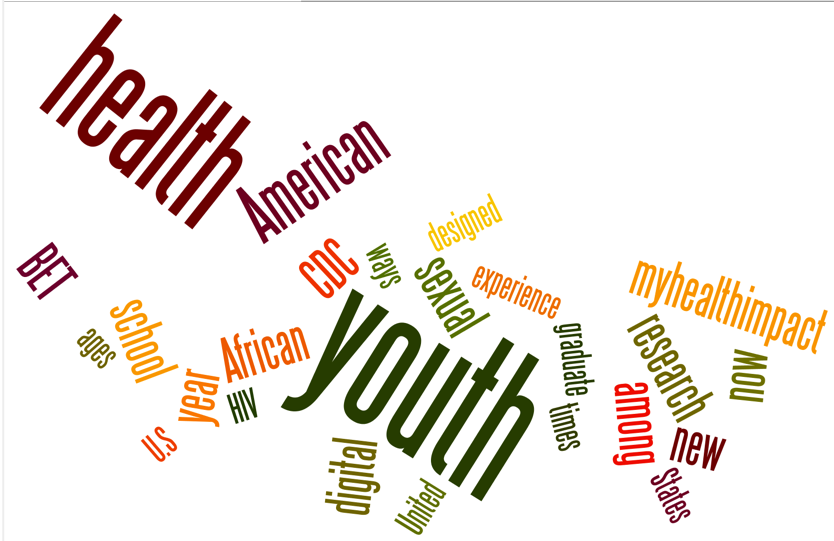
Through my classes, I was able to explore the issue of HIV/STI infection and transmission among youth in the United States, and particularly among African American youth. HIV/ STI among American youth is a major public health problem. In 2010, youth ages 13 to 24 years old constituted one-fourth of all new HIV infections in the United States (U.S. Centers for Disease Control and Prevention [CDC], 2014). Further, the CDC estimates that nearly 60% of HIV-infected youth are not aware of their HIV-status. Similarly, youth ages 15 to 24 years old, who make up 27% of the nation’s population, account for 50% of the 20 million new STIs in the U.S. each year (CDC, 2013). My research and dissertation will consider the ways that youth are formally and traditionally socialized regarding sexual health and risk, and the challenges, threats, and opportunities introduced by the recent rise in digital technology access, utilization, and digital media consumption. Congruent with these foci are the aims of MyHealthImpactNetwork, which involves leveraging technology to promote sexual, mental, and physical health. I look forward to engaging with @drfayonline and the #myHealthImpact organization (@myhealthimpact on Twitter), designed for – and by - college students interested in improving health and reducing health disparities. Fun times ahead… and I’m just getting started!
Magaela Bethune is a Ph.D. student at Vanderbilt University in the Community Research & Action program. Her website (www.magaelabethune.com) features curated content related to youth, technology, and health. Upon graduation, she plans to continue research informing the development of health interventions that leverage digital technology and media for youth.
Share

August 19, 2014
Everyone Dies in the Summer
“Cause everybody dies in the summer
Wanna say ya goodbyes, tell them while it's spring
I heard everybody's dyin' in the summer
So pray to God for a little more spring” – Chance the Rapper
This excerpt is from the song “Paranoia” from Chicago Based rapper, Chance the Rapper. This small excerpt is just a taste of the violence in Chicago. We as the black community recognize some of the black on black violence around particular parts of the nation. Not just Chicago but every urban city where young black men live. I once had a teacher that shared something similar with my seventh grade class. She reminded us on how to stay safe during the summer. We brushed it off as if we needed someone to tell us how to be safe. Going to an inner city high school, I have a good idea on what in school violence looks like. I witnessed theft, violence, and the loss of classmates. After multiple deaths in my high school, I realized what my seventh grade teacher was saying. She was trying to look out for us. She wanted our mentality to be focused on safety and not what we think is safe. No one can predict death, but we can take preventive steps to lessen the likelihood of violence.
Even the recent Eric Garner death has black males questioning our own safety. Continuous harassment WILL push a man to act unconventionally. If you were to watch the Eric Garner video, Mr. Garner is fed up with the constant harassment form the local police department and he finally stands up for himself. Little did we know, it would be the last stand Mr. Garner would take. On August 1, 2014, the official medical examiner ruled Eric Garner’s death a homicide.
But why violence?
It’s not the music that make kids fight; nor is it the food they eat nor the water they drink either. It’s not the cars they drive or they places they work. It’s not the clothes they wear or the look of their hair. Stigma, negative stigma is the cause of the uproar of violence and young deaths. We as young black males are the blame for bad neighborhoods. We are the blame for inner city violence and poverty rates. We are the blame for single mothers with children that repeat the cycle of violence. We are taught that everyone who is not in our same social economical class is the enemy. We put the blame on everyone, but ourselves. I was taught that I was the problem, until I realized it wasn’t me. We must better ourselves by changing our mindset. I was even influenced by several articles I’ve read in the past few weeks. A young black Cornell Graduate student has written articles on his take on race in the United States. I was moved so much by his articles that I emailed him. I essentially said ‘Thank you’ for having an open mind approach to the ongoing problem about race. The article was in reply of a Time magazine article “Why I’ll Never Apologize for My White Male Privilege”.
I didn’t have a creative segway to this topic, but I came across this song “Treat Me Caucasian” not too long ago; by another Chicago rapper Supa Bwe.
“Come off them-come off them benefits
Untriple all of our sentences, treat me Caucasian
Get me a loan with no sin attached
Give me that privilege, give me that, treat me Caucasian” – Supa Bwe
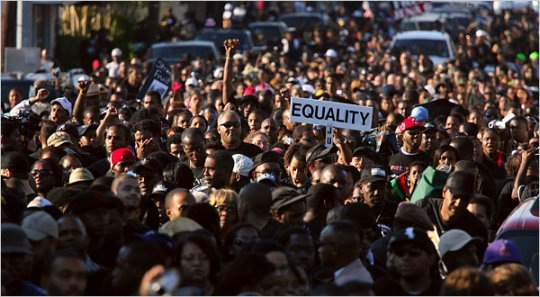
Share

August 13, 2014
“Selfies” and Mental Health Disorders
Experts including Dr. Lucie Hemmen and Dr. David Veal are beginning to consider a compulsion to take selfies as a serious mental health problem. Individuals can spend hours, even days taking hundreds of selfies in an attempt to capture the “perfect” photo (McKay). Taking selfies can lead to technology addiction and Body Dysmorphic Disorder — a chronic mental health condition in which the sufferer obsesses over perceived flaws with their body. In addition to that, it has been proven by multiple studies that taking selfies can be detrimental to a person’smental health, and it can be linked to narcissism, depression, and low self-esteem.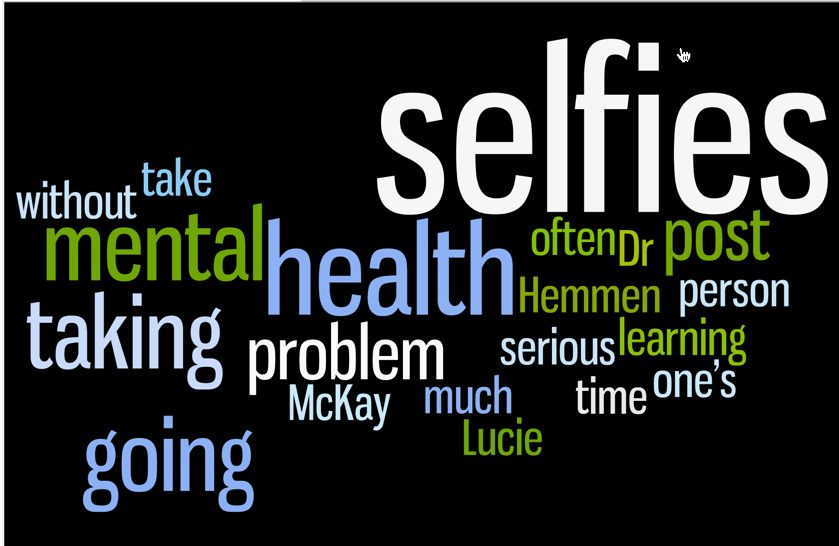
So how can we fix this problem? First, we have to realize that there is a deep denial about how dangerous it is to interact with screens without setting limits on how much time is spent doing so. With that said, it is hard to convince people that the effects of taking selfies are serious. Nevertheless, the common treatment of taking selfies is gradually learning how to go for longer periods of time without satisfying the urge to take a photograph, along with therapy to address the root cause of the problem. Thus, learning how to use selfies in moderation. Selfies, if used properly, can be a feel-good and often creative way, to chronicle one’s life and emotions and express one’s personality.
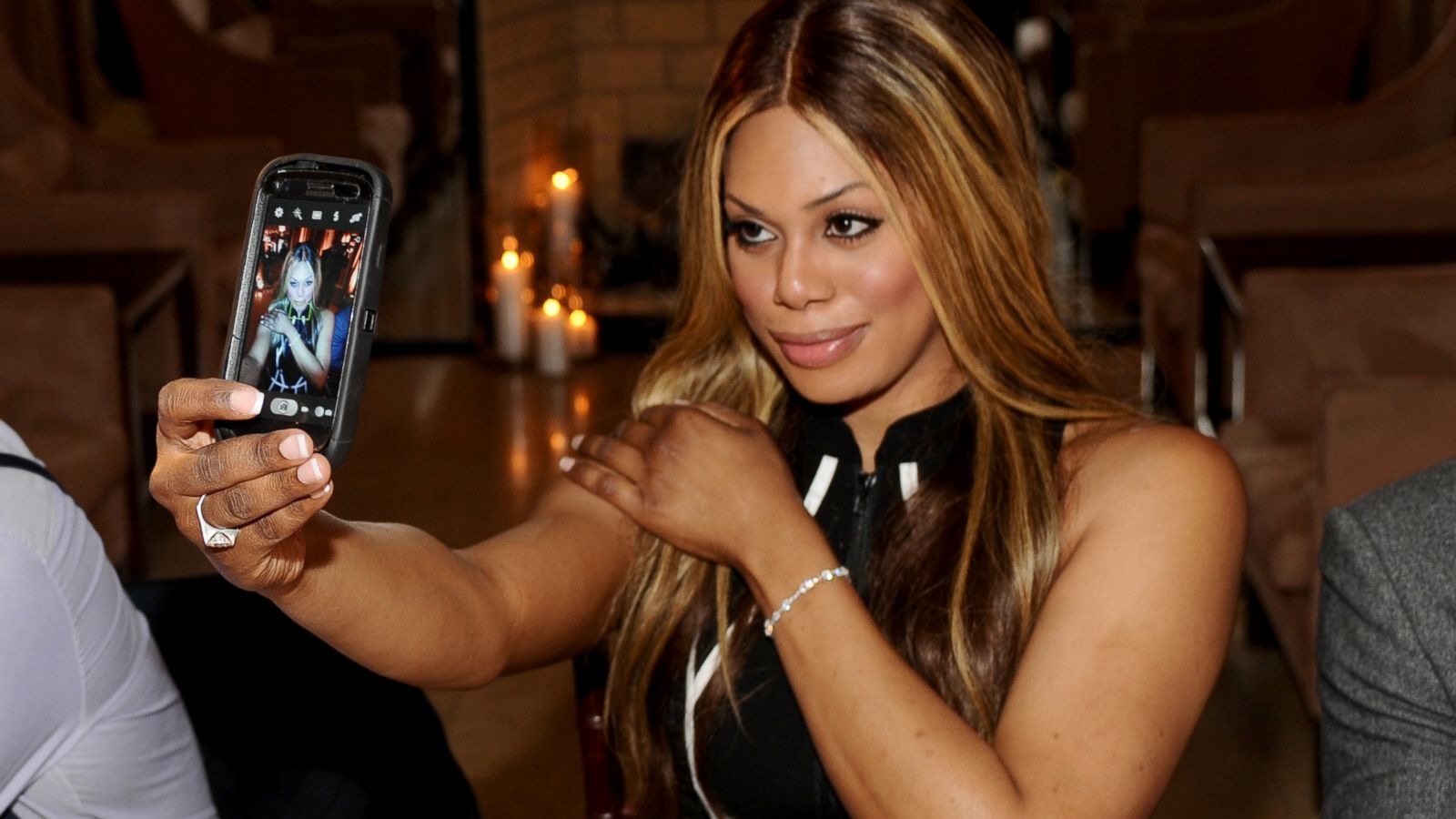
In conclusion, know this—According to clinical psychologist Lucie Hemmen there is a continuum of health and authenticity in what you shoot and post (McKay). A secure, mature person is going to post selfies that are spontaneous and not overly engineered or edited, and they're going to do it less often. A more insecure person is going to post staged or sexualized photos, and they're going to do it so much that they become consumed by it and the comments they receive. Let’s not let selfies control our mental health.
McKay, Tom. "A Psychiatric Study Reveals Selfies Are Far More Dangerous than You Think." PolicyMic. N.p., 28 Mar. 2014. Web. 16 June 2014. <http://www.policymic.com/articles/86287/a-psychiatric-study-reveals-selfies-are-far-more-dangerous-than-you-think>.
Share

July 30, 2014
Women’s Role in Men Health
Not to generalize all men but I know that the guys around my house used to absolutely despise going to the doctor because they felt like it was a waste of time. They believed that ALL could be healed with anything in the medicine cabinet and band-aids. This was my Dad before he suffered from a heart attack. These days I feel like our family dynamic is a little different. My Dad definitely doesn’t mind going to the doctor now and instead suggests healthy options at the dinner table.
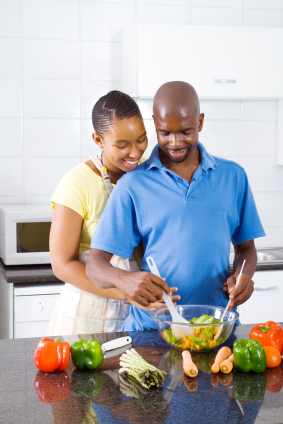 My Mother and I are the only two females in my household and although my Dad has taken a different role in the health of our family, at the end of the day, the women keep things realistic and rational. There are many food options that my Dad brings to the table, but we (the women) figure out how to make these things work for our family or how to politely tell him “No, we’ll pass on that one”. From incorporating more fish, chicken and turkey into our diets and working out pork and beef to even starting our own family garden, our family has been made a complete lifestyle change. What’s an idea without someone to put it into action? Right, just an idea.
My Mother and I are the only two females in my household and although my Dad has taken a different role in the health of our family, at the end of the day, the women keep things realistic and rational. There are many food options that my Dad brings to the table, but we (the women) figure out how to make these things work for our family or how to politely tell him “No, we’ll pass on that one”. From incorporating more fish, chicken and turkey into our diets and working out pork and beef to even starting our own family garden, our family has been made a complete lifestyle change. What’s an idea without someone to put it into action? Right, just an idea.
I believe that women play a huge role in men’s health. Typically because women are more aware of the signs of pending health issues thus sending up a red flag and ensuring that the men (in our families) see a doctor. So let's just face it, we are the backbone!

Share
In Partnership with: Poole College of Management, College of Humanities and Social Sciences, National Science Foundation, Penn State
Take Action, Get Tested: Find Your Local Testing Center Why Get Tested?
